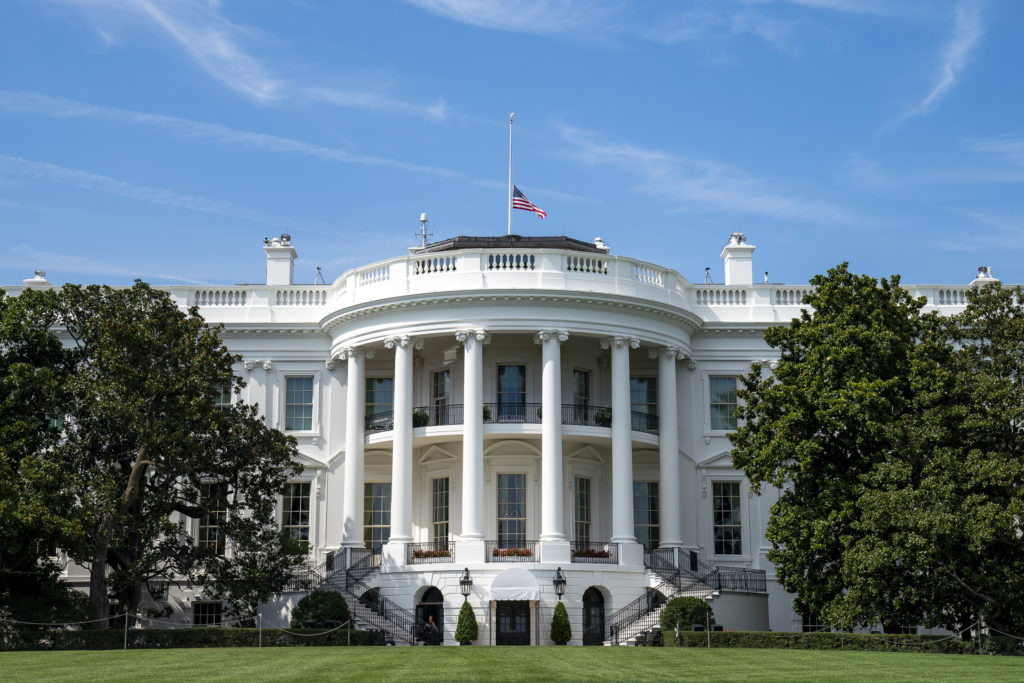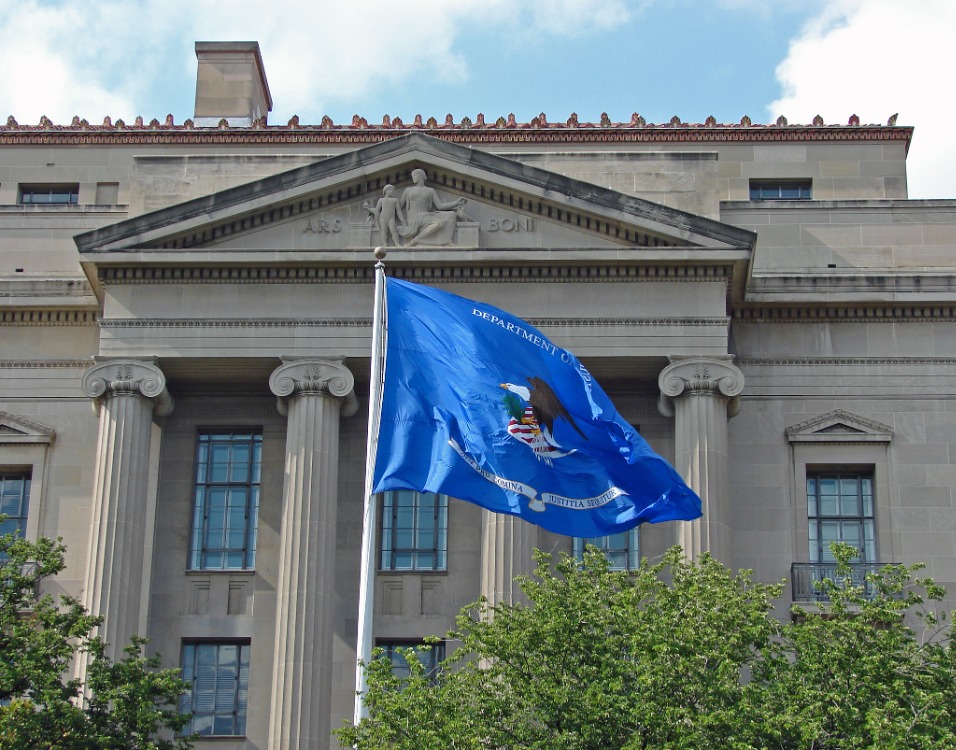Published by The Lawfare Institute
in Cooperation With

From the birth of the republic, American presidents have communicated with the public in one form or another. The frequency and exact nature of such efforts have varied quite a bit over time due to variables ranging from the extent of partisanship in the media to each commander in chief's personal preference to travel technology. Political scientist Anne Pluta has explored this history deeply, including extensive analysis of contemporary newspaper accounts back to the late 18th century. And her insights, contained in writings like the book Persuading the Public: The Evolution of Popular Presidential Communication from Washington to Trump, provide plenty of surprises and even challenge some conventional wisdom about the presidency.
David Priess chatted with her about her favorite presidents and her assessment of the best communicators among them; the precedents set by George Washington; Thomas Jefferson's State of the Union delivery method; changes in the communication environment during the Andrew Jackson era; Abraham Lincoln's exceptional presidency; the importance of train travel for presidential contact with the public; Rutherford Hayes's underappreciated importance in presidential communication; Theodore Roosevelt as a speaker; Woodrow Wilson's decision to deliver the State of the Union address in person; the importance for presidential communication of radio, television, and the availability of Air Force One; the relatively brief period of national, "objective" media; the late 20th century shift to splintered media; Donald Trump's social media use; Joe Biden's communication practices; and more.
Among the works mentioned in this episode:
- The play Hamilton
- The TV show John Adams
- The movie Lincoln
- The book Persuading the Public by Anne Pluta
- The TV show The West Wing
- The TV show Veep
- The movie The American President
- The movie Air Force One
- The movie Independence Day
- The TV show Scandal
- The book The Devil's Teeth
- The book Twelve Days of Terror
- The book The Wave
Chatter is a production of Lawfare and Goat Rodeo. This episode was produced and edited by Cara Shillenn of Goat Rodeo. Podcast theme by David Priess, featuring music created using Groovepad.
See acast.com/privacy for privacy and opt-out information.







